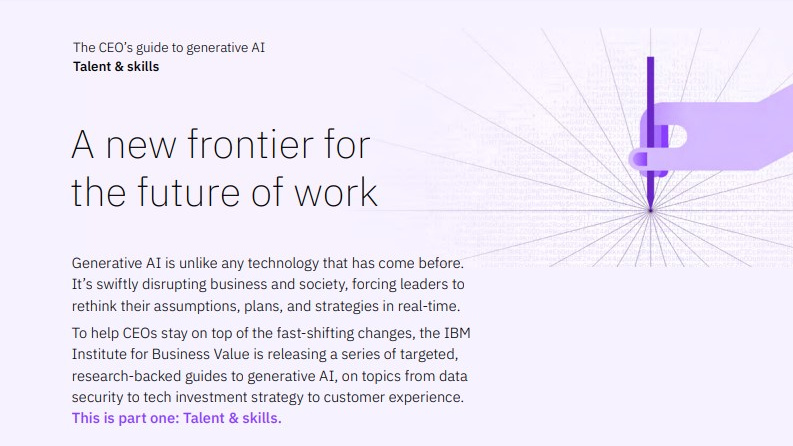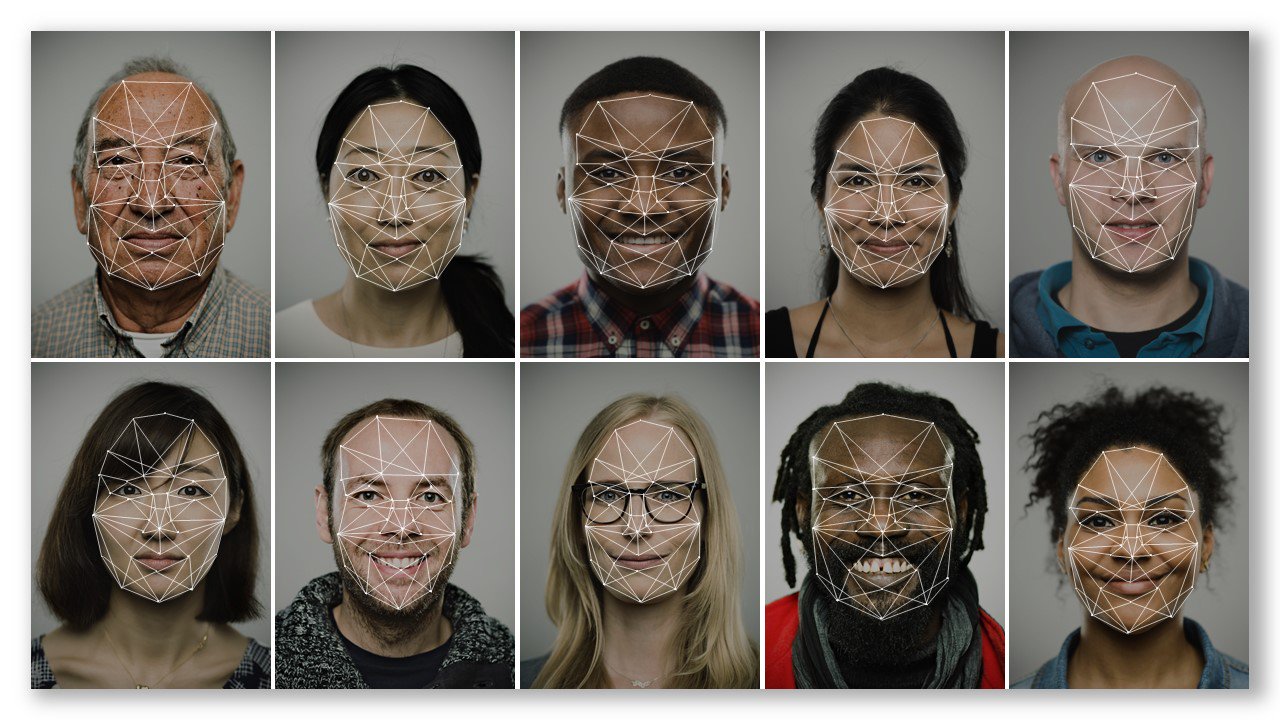Facebook and TUM create joint AI ethics research centre
The social network will contribute $7.5 million to the centre over a period of five years


Sign up today and you will receive a free copy of our Future Focus 2025 report - the leading guidance on AI, cybersecurity and other IT challenges as per 700+ senior executives
You are now subscribed
Your newsletter sign-up was successful
Facebook has teamed up with the Technical University of Munich (TUM) to create an independent research centre focused on the study of AI ethics.
The Institute for Ethics in Artificial Intelligence will draw on the expertise of thought leaders and academics to research potential ethical issues related to the use of AI - such as safety, privacy, fairness, and transparency - as well as identifying possible with new use cases.
Facebook will contribute $7.5 million over five years and offer insight into how it's using AI and algorithms in initiatives such as its Fairness Flow that can determine unintended bias. Although TUM also plans to consider other funding sources, too.
"At Facebook, ensuring the responsible and thoughtful use of AI is foundational to everything we do from the data labels we use, to the individual algorithms we build, to the systems they are a part of," Joaquin Quionero Candela, director of Applied Machine Learning at Facebook, wrote in a post announcing the partnership.
"AI poses complex problems which industry alone cannot answer, and the independent academic contributions of the Institute will play a crucial role in furthering ethical research on these topics... The Institute will also benefit from Germany's position at the forefront of the conversation surrounding ethical frameworks for AI - including the creation of government-led ethical guidelines on autonomous driving - and its work with European institutions on these issues."
The Institute for Ethics in Artificial Intelligence will be led by Professor Dr. Christoph Ltge.
"At the TUM Institute for Ethics in Artificial Intelligence, we will explore the ethical issues of AI and develop ethical guidelines for the responsible use of the technology in society and the economy," Dr. Ltge said.
Sign up today and you will receive a free copy of our Future Focus 2025 report - the leading guidance on AI, cybersecurity and other IT challenges as per 700+ senior executives
"Our evidence-based research will address issues that lie at the interface of technology and human values. Core questions arise around trust, privacy, fairness or inclusion, for example, when people leave data traces on the internet or receive certain information by way of algorithms.
"We will also deal with transparency and accountability, for example in medical treatment scenarios, or with rights and autonomy in human decision-making in situations of human-AI interaction."

Clare is the founder of Blue Cactus Digital, a digital marketing company that helps ethical and sustainability-focused businesses grow their customer base.
Prior to becoming a marketer, Clare was a journalist, working at a range of mobile device-focused outlets including Know Your Mobile before moving into freelance life.
As a freelance writer, she drew on her expertise in mobility to write features and guides for ITPro, as well as regularly writing news stories on a wide range of topics.
-
 Anthropic promises ‘Opus-level’ reasoning with new Claude Sonnet 4.6 model
Anthropic promises ‘Opus-level’ reasoning with new Claude Sonnet 4.6 modelNews The latest addition to the Claude family is explicitly intended to power AI agents, with pricing and capabilities designed to attract enterprise attention
-
 Researchers call on password managers to beef up defenses
Researchers call on password managers to beef up defensesNews Analysts at ETH Zurich called for cryptographic standard improvements after a host of password managers were found lacking
-
 The CEO's guide to generative AI: A new frontier for the future of work
The CEO's guide to generative AI: A new frontier for the future of workWhitepaper Make people, not technology, central to your generative AI strategy
-
 A day in the life of a smart city dweller
A day in the life of a smart city dwellerSponsored How a truly connected life could spell the end of traffic jams, potholes and the weekly shop
-
 China’s AI research still behind the west, but not for long
China’s AI research still behind the west, but not for longNews Government investment has led to a 150% increase in Chinese AI papers since 2007
-
 “Treasure trove” of 66m records suggests LinkedIn data scraping
“Treasure trove” of 66m records suggests LinkedIn data scrapingNews Users warned to guard against unsolicited job adverts via email
-
 CIO strategies for moving to a cloud-first business
CIO strategies for moving to a cloud-first businessIn-depth IT leaders describe barriers to adoption, and why on-premise will have a role for many years to come
-
 Microsoft touts recommendations for facial recognition tech legislation
Microsoft touts recommendations for facial recognition tech legislationNews Microsoft President Brad Smith said governments and businesses should work together to prevent the technology being misused
-
 AI bias must be tackled to avoid it 'unknowingly' harming people
AI bias must be tackled to avoid it 'unknowingly' harming peopleNews Experts warn we must "think about the ethical implications" of AI bias
-
 How open data is driving UK smart city innovation
How open data is driving UK smart city innovationIn-depth Transport for London and local councils explain the importance of keeping data open for everyone